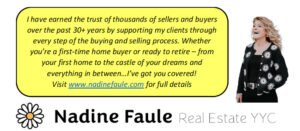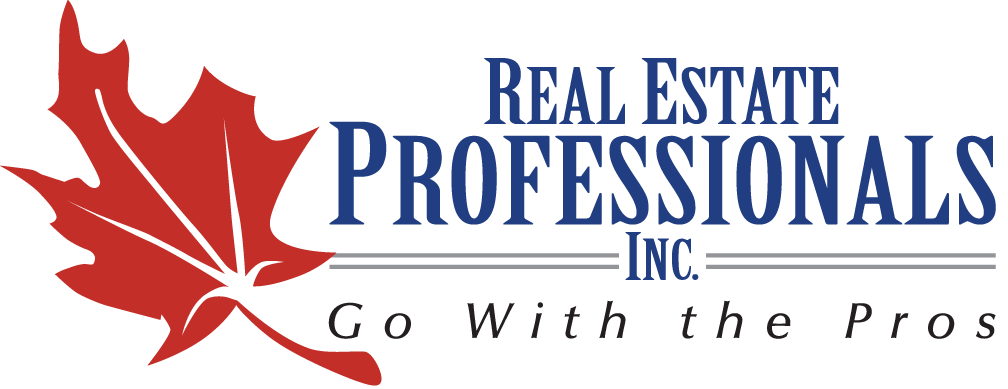What is a reverse mortgage and is it worth it?
The concept of homeownership holds immense significance and is often considered a cornerstone of financial stability and retirement planning. However, for seniors who have built substantial equity in their homes but find themselves in need of additional income, traditional mortgages may not be the ideal solution. This is where the concept of a reverse mortgage comes into play.
What is a Reverse Mortgage?
A reverse mortgage is a financial product designed specifically for seniors aged 55 and older who own their homes outright or have a significant amount of equity built up in their properties. Unlike a traditional mortgage where the homeowner makes monthly payments to the lender, in a reverse mortgage scenario, the lender makes payments to the homeowner.
The amount that can be borrowed through a reverse mortgage is based on factors such as the homeowner’s age, the appraised value of the home, and current interest rates. Generally, the older the homeowner and the more valuable the home, the more funds can be accessed through a reverse mortgage.
How Does It Work?
With a reverse mortgage, the homeowner receives either a lump sum payment, regular monthly payments, or a line of credit from the lender, based on the agreed terms. These payments are essentially a loan secured by the equity in the home. The loan, along with accrued interest, is typically repaid when the homeowner sells the home, moves out permanently, or passes away.
One of the key features of a reverse mortgage is that the homeowner retains ownership of the home and can continue to live in it for as long as they wish, provided they fulfill their obligations such as maintaining the property and paying property taxes and insurance.
Is It Worth It?
The question of whether a reverse mortgage is worth it depends on individual circumstances and financial goals. Here are some factors to consider:
Financial Need: If a senior needs additional income to cover expenses such as healthcare costs, home renovations, or to supplement retirement income, a reverse mortgage can provide a source of funds without the need to sell the home.
Home Equity: For those who have substantial equity in their homes but limited income from other sources, unlocking that equity through a reverse mortgage can improve cash flow and financial flexibility.
Interest Rates and Fees: It’s important to carefully consider the interest rates and fees associated with a reverse mortgage. These can vary depending on the lender and the specific terms of the loan. High interest rates and fees can significantly impact the overall cost of the loan.
Impact on Heirs: While a reverse mortgage allows homeowners to access equity without selling the home, it can reduce the value of the estate that heirs stand to inherit. It’s essential to discuss the implications of a reverse mortgage with family members and heirs.
Long-Term Plans: Seniors should consider their long-term plans and whether they intend to stay in the home for the foreseeable future. If there’s a possibility of needing to move into long-term care or assisted living in the near future, a reverse mortgage may not be the best option.
A reverse mortgage can be a valuable financial tool for seniors looking to access equity in their homes without selling. However, it’s not the right choice for everyone, and careful consideration of the pros and cons is essential. Before proceeding with a reverse mortgage, it’s advisable to consult with a financial advisor who can provide personalized advice based on individual circumstances and goals. Ultimately, the decision to pursue a reverse mortgage should align with one’s overall financial plan and lifestyle preferences. Visit me on Facebook and Google for the latest in real estate tips and trends!

![]()

